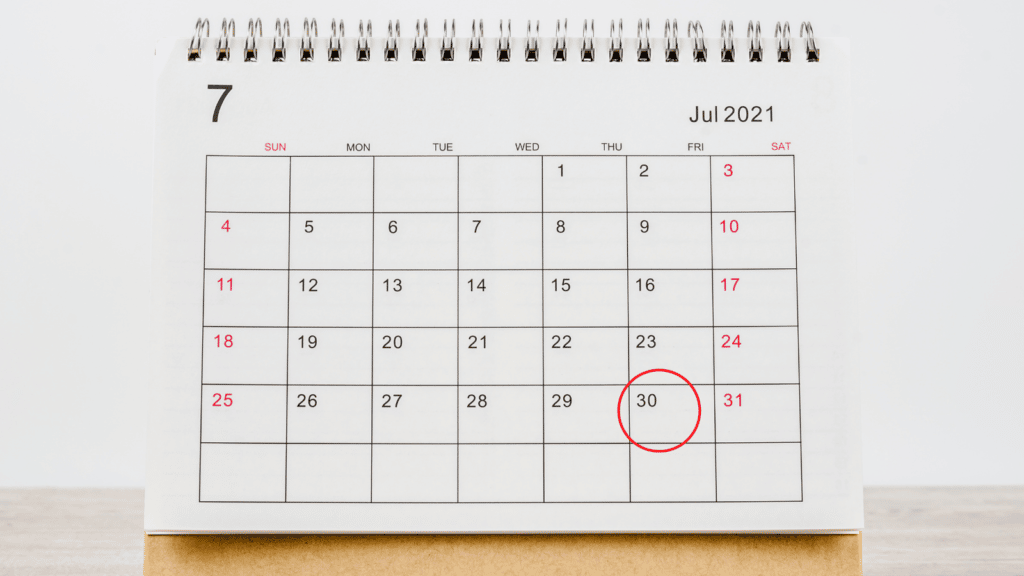30 July – a day worth remembering

30 July marks both World Day Against Trafficking in Persons and the anniversary of the Legal Aid and Advice Act 1949. The coming together of these two seemingly unconnected events serves as a timely reminder that there are many in our society who are in desperate need of a lifeline.
Human trafficking is on the increase across the world and the UK is no exception. People are trafficked both into the UK, and across the UK in rising numbers, so much so that the National Crime Agency has stated that ‘eradicating modern slavery and human trafficking is one of our highest priorities.’
Although high-profile cases of trafficking have hit the news in recent years, vast numbers of cases remain unreported, and in many instances, meeting the definition of having been trafficked can be a complex and nuanced process. This requires a sensitive understanding of the nature of the exploitation, especially, for example, where it interacts with an asylum claim or where the perpetrator is a family member.
A further complication can be when the trafficking is classed as historic because the individual/s involved have been unable to talk about what happened to them.
Such was the story of Maryam (not her real name) who from the age of 15 was forced to work as a ‘dancing girl’ in Pakistan. When she was 18 years old, Maryam was sold to be married to an older man. She found herself trapped in an abusive marriage, suffering domestic violence and living in constant fear of her husband’s threats to reveal her former life to their children and discredit her within her community. After suffering abuse for 17 years, she finally managed to flee Pakistan and come to the UK with her children.
Maryam was originally refused asylum in the UK as she was unable to talk about what had happened to her. Eventually her case was taken on by South West London Law Centres and her solicitor was able to gradually build up trust to the point she felt able to disclose her full background. As a result, despite her late disclosures, she was able to win her asylum appeal and was granted leave to remain in the UK. On hearing the result Maryam said:
‘I finally have an opportunity to rebuild my life in the UK and also to provide my children with the stability they have not had for many years. They can now focus fully on their education and I myself intend to go to college and learn English so I can start making a positive contribution to the society that has given me this opportunity. I also feel that not having the fear of being sent back to a country where I would never have felt safe will help me overcome some of my mental health issues.’
The events prior to Maryam’s successful appeal are sadly not uncommon. Our immigration team regularly supports and represents people who have been trafficked, many of whom are suffering trauma as a result of their experiences and/or have not received the appropriate legal support in the past. Building a successful asylum case where trafficking has been involved is a lengthy and complex process where good legal representation is vital.
Although what is in scope for legal aid has been greatly reduced in recent years, asylum cases do remain eligible and this is a lifeline for many who have been forced to flee their country because of persecution, war or violence. Legal aid also covers the cost of instructing experts for psychological assessment and interpreters, services that individuals would have to pay for themselves if they instruct a high street solicitor.
Pradeep Kumar, immigration team leader, explains:
‘It is a common problem we’re seeing that people assume they won’t get any help for their type of immigration case. They then end up paying high costs to see a high street solicitor – who may not always give them the best advice – and can end up getting into debt as a result. We would always advise people to contact their local Law Centre, local Citizens Advice or legal charity first to see what help might be available to them under legal aid.’
The problem of trafficking and modern slavery is a scourge on modern society. Cuts to legal aid have made it harder for people to access the justice they need. The 30 July is an opportunity to reflect on these two facts, and whilst stories like Maryam’s show that there can be positive outcomes, they are only possible with a huge amount of hard work and dedication from legal aid lawyers.
